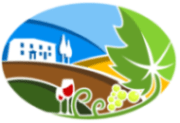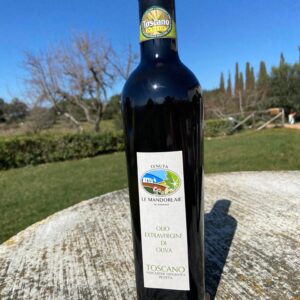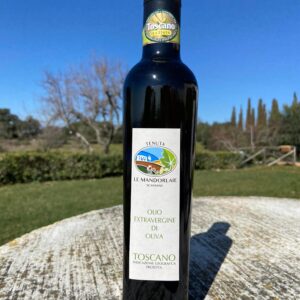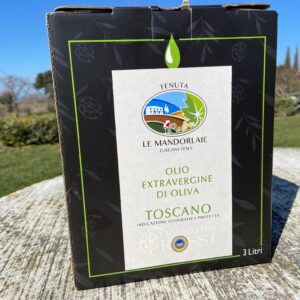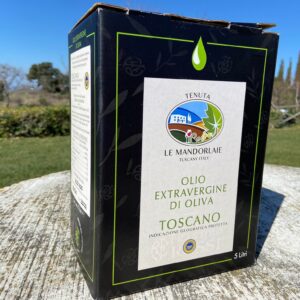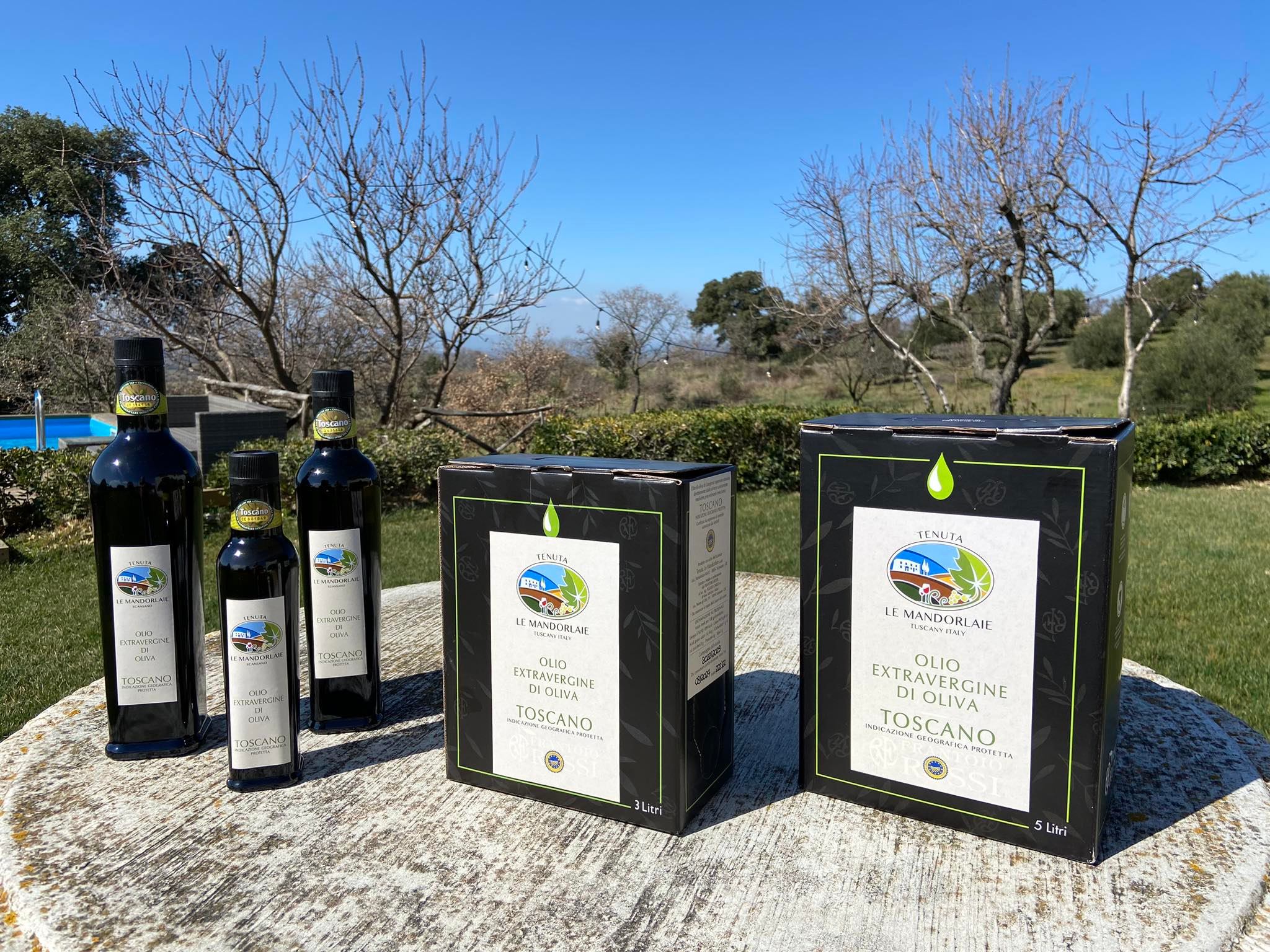
Tuscan Olive varieties and olive history of Maremma
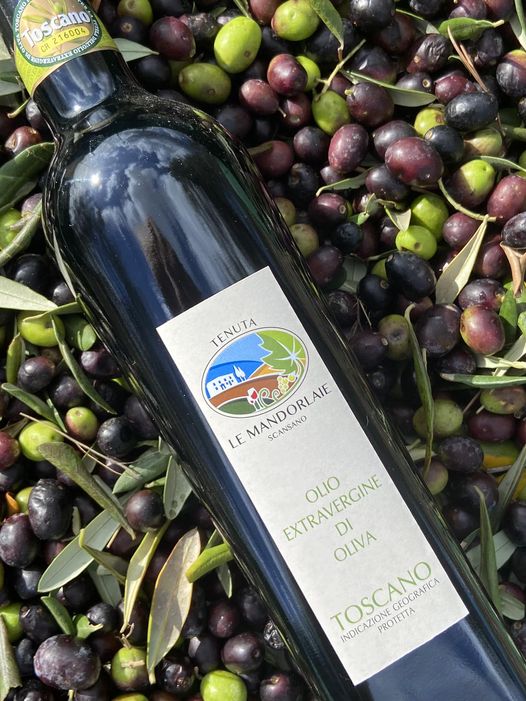 Tuscany, a region in central Italy, is renowned for its olive groves and high-quality olive oil production. The classic Tuscan olive varieties and the history of olive cultivation by the Etruscans, an ancient civilization in the region, are closely intertwined:
Tuscany, a region in central Italy, is renowned for its olive groves and high-quality olive oil production. The classic Tuscan olive varieties and the history of olive cultivation by the Etruscans, an ancient civilization in the region, are closely intertwined:
Classic Olive Groves, Tuscan Olive varieties in Tuscany
Tuscany boasts several classic olive grove varieties that have played a significant role in the region’s olive oil production. Some of the most prominent olive varieties in Tuscany include:
Frantoio: The Frantoio olive is one of the most popular and widely cultivated olive varieties in Tuscany. Known for its excellent oil quality, the oil produced from Frantoio olives is characterized by its robust, fruity flavor with hints of green apple and almond.
Leccino: Leccino olives are another prevalent variety in Tuscany. The oil extracted from Leccino olives is smooth and well-balanced, with a mild, fruity flavor. This variety is often used for blending with other olives to create a harmonious oil.
Moraiolo: Moraiolo olives are native to Tuscany and are known for their distinctive taste. The oil produced from Moraiolo olives has a strong, peppery flavor and a slightly bitter note. It is often used to add complexity to Tuscan olive oils.
Pendolino: While not as commonly used for oil production, Pendolino olives are preferred for their attractive appearance and use in table olive preparations. They are small and elongated, making them suitable for pickling.
History of Tuscan Olive varieties and Olive Cultivation by the Etruscans
The Etruscans, who inhabited what is now Tuscany during the 8th to 4th centuries BCE, played a pivotal role in the early cultivation of olives and the development of olive oil production in the region. Their expertise in viticulture and olive cultivation left a lasting legacy. Here’s an overview of the Etruscan history of olive cultivation:
Introduction of Olive Trees: The Etruscans were among the first to introduce olive trees to the region. They recognized the suitability of the Tuscan climate and soil for olive cultivation and established extensive olive groves.
Advanced Agricultural Practices: The Etruscans were known for their advanced agricultural practices, which included terraced farming and irrigation systems. These techniques optimized olive grove cultivation and ensured a consistent supply of olives.
Olive Oil Production: The Etruscans mastered the techniques of olive oil production. They harvested olives and used presses and grinding stones to extract the oil. Olive oil was an essential part of their diet and played a central role in their daily life.
Cultural and Religious Significance: Olive trees and Tuscan Olive varieties olive oil held cultural and religious importance for the Etruscans. Olive branches were symbols of peace and victory, used in religious ceremonies and rituals. Olive oil was considered pure and vital, making it a central element in various religious practices.
Trade and Commerce: The Etruscans were renowned traders, and Tuscan Olive varieties olive oil was among the commodities they exchanged in their vast trading networks. Olive oil played a significant role in their economic prosperity and was traded with other Mediterranean civilizations.
Artifacts and Depictions: Etruscan tombs and artifacts frequently featured depictions of olive trees, olive harvesting, and olive oil production. These artistic representations provide valuable insights into the Etruscan expertise in olive culture.
The Etruscans’ contributions to Tuscan Olive varieties, olive cultivation and olive oil production laid the foundation for the subsequent development of olive groves and the olive industry in Tuscany. Their knowledge and practices were inherited by subsequent civilizations, including the Romans, who further advanced and expanded olive cultivation in the region. Today, Tuscany’s olive groves and the classic olive varieties are a testament to the enduring legacy of the Etruscans in shaping the region’s olive culture and culinary heritage.
